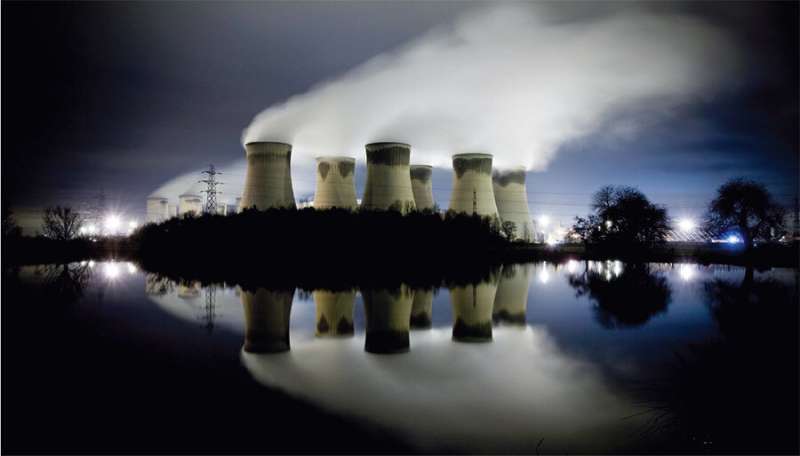Industrial clusters for deep decarbonization

Perhaps no sector of the global economy is in greater need of concerted efforts toward deep decarbonization than industry, which includes energy-intensive sectors such as chemicals, iron and steel, cement, and aluminum.
Yet industry has long been perceived as hard to decarbonize and has been mostly sheltered from strong energy and climate policies over concerns about potential job losses, national competitiveness, and carbon leakage.
Professor Frank Geels has published a new article in Science alongside co-authors Benjamin Sovacool and Marfurga Iskandarova titled “Industrial clusters for deep decarbonization: Net-zero megaprojects in the UK offer promise and lessons.”
Industrial decarbonization scenarios often identify carbon capture and storage (CCS) and fuel switching to hydrogen as potential net-zero options, but these technologies are expensive for individual companies and specific industries.
These options can become more feasible when implemented in industrial clusters, where plants from different industries operate in close proximity. We see promise and lessons in recent advancements in the coevolution of net-zero cluster planning, policy implementation, and technical development in the U.K., where world-leading plans and designs have progressed close to the implementation stage.
Benjamin K. Sovacool et al, Industrial clusters for deep decarbonization, Science (2022). DOI: 10.1126/science.add0402
Citation:
Industrial clusters for deep decarbonization (2022, November 18)
retrieved 18 November 2022
from https://techxplore.com/news/2022-11-industrial-clusters-deep-decarbonization.html
This document is subject to copyright. Apart from any fair dealing for the purpose of private study or research, no
part may be reproduced without the written permission. The content is provided for information purposes only.
For all the latest business News Click Here

